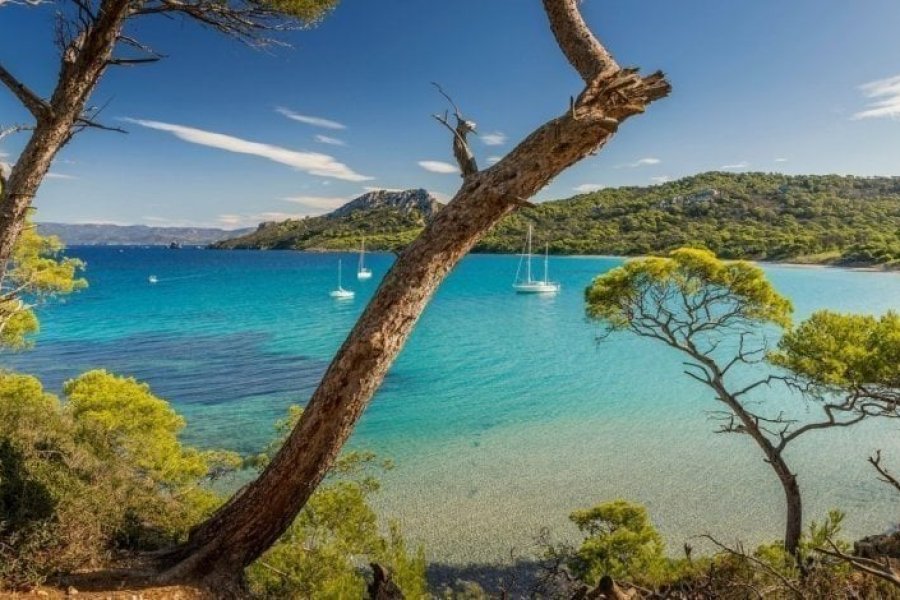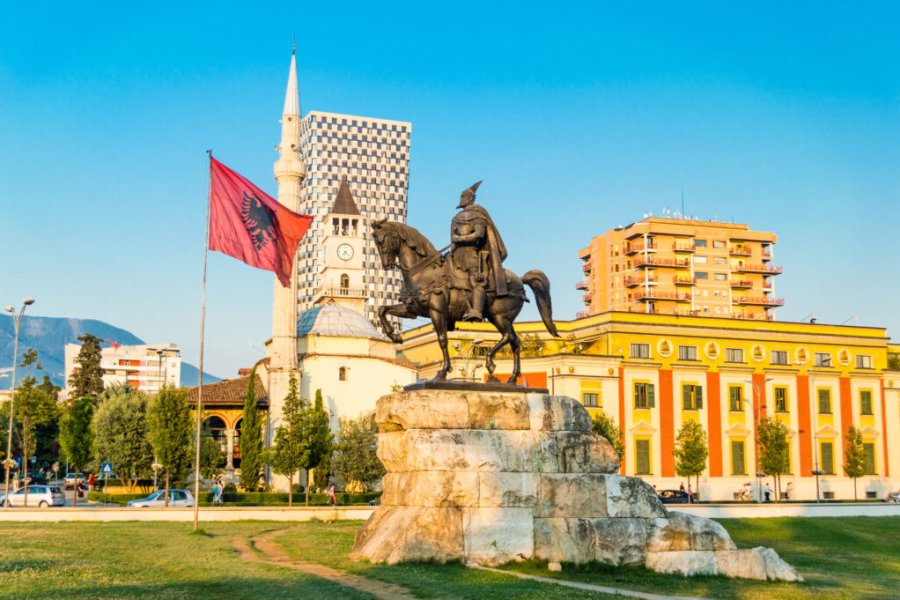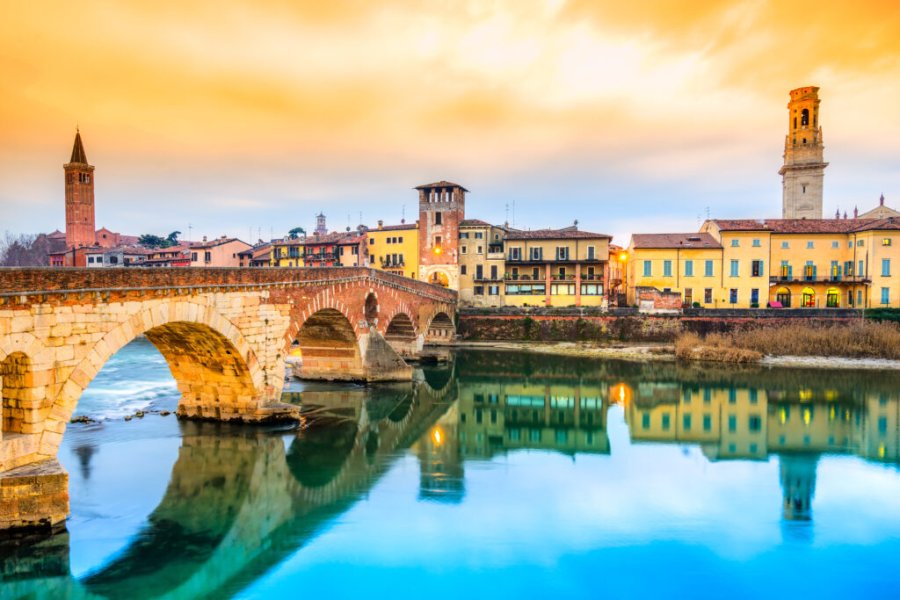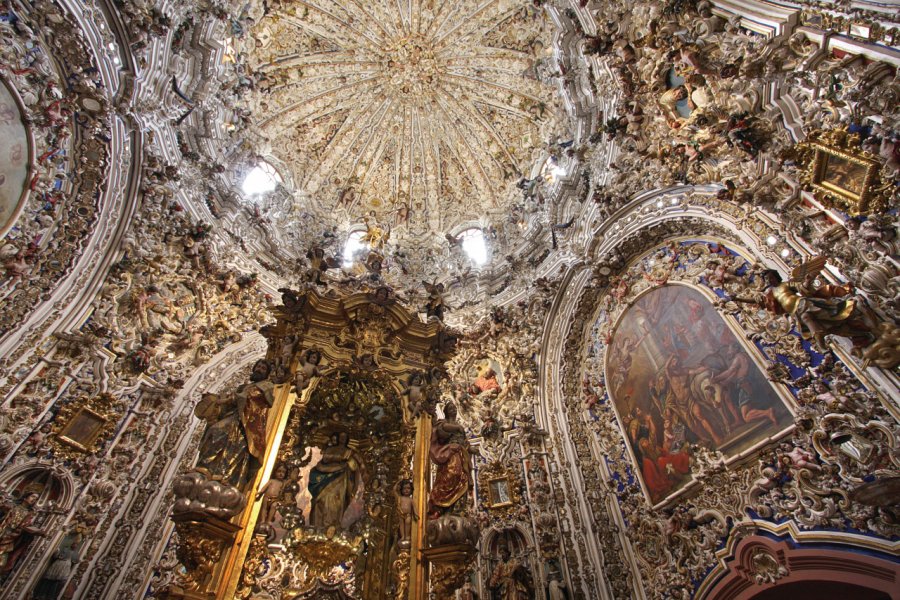Travel Guide Lucena
Find an accommodation
Advertising
This town is surrounded by vineyards and olive trees. It was at the end of the 9th century that it appeared under the Arabic name of Al-Yusana and the Hebrew name of Eliossana. Unlike other Spanish cities, the Jewish population did not occupy one quarter, but the whole city, which earned it the name of "Sephardic pearl" and enjoyed its golden age in the 11th and 12th centuries. During the Reconquest, it served as a border area between the Christian kingdoms and the kingdom of Granada. Nowadays, the city is an industrial and commercial town known for its bronzes, but also as one of the most important furniture production centres in the south of Spain.
What to visit Lucena?
Advertising
Weather at the moment
Advertising
Organize your trip with our partners Lucena
Transportation
Book your plane tickets
Car Rental
Boat rental
Accommodation & stays
Find a hotel
Holiday rental
Find your campsite
Tailor-made trip
Immersion travel
Services / On site
Activities & visits
Find a doctor

















